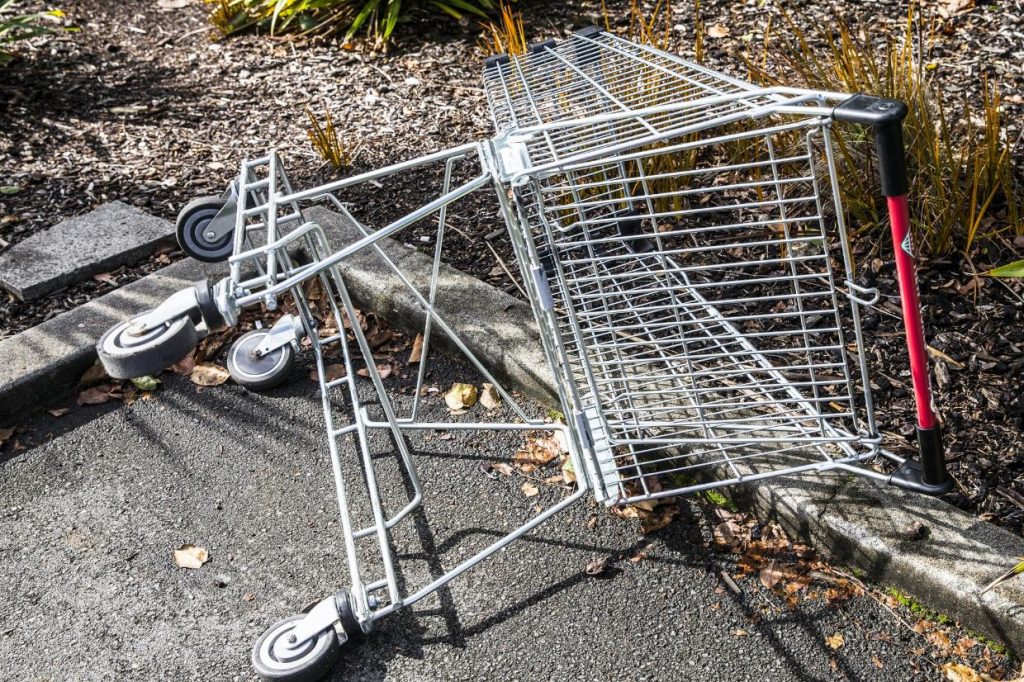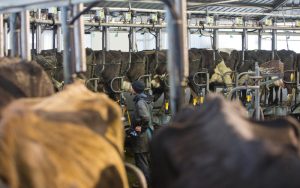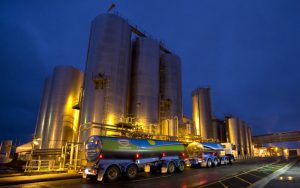OPINION: It hasn’t been a great year for embattled Foodstuffs CEO, Chris Quin. From last December’s legal action against two Pak’nSave stores for inaccurate pricing, to August’s $3.25 million fine for anti-competitive land covenants, and the recent blocking of the proposed merger between Foodstuffs North and South Island, it’s almost as if nobody told him that one of the Coalition government’s first acts was to order the Commerce Commission to behave like watchdogs — not sleepy kittens.
Food inflation — which, to be fair, is largely beyond supermarkets’ control — has helped push the industry firmly into its villain era in the eyes of consumers. And this time, a full set of shiny Smeg knives probably isn’t going to cut it.
As if that weren’t enough, Finance Minister Nicola Willis has outlined a “multi-faceted strategy to enhance competition in New Zealand’s supermarket sector” — a plan that could include forcing Foodstuffs to divest some stores to competitors.
None of this should come as a surprise to the Foodstuffs board. NZ First Minister Shane Jones has been criticising the sector since 2014, accusing supermarkets of extortion and mafia-like tactics. That pressure eventually prompted a Commerce Commission investigation.

As the CEO of a company that appears to have ignored a decade’s worth of warning signs, Quin could do worse than look to another New Zealand cooperative that faced similar scrutiny not so long ago — Fonterra.
Ironically, the MP making political capital out of dragging Fonterra was again Shane Jones. But again, he had a point: the dairy processor wasn’t delivering for its farmers. That’s essentially the same accusation being levelled at Foodstuffs — that they aren’t delivering for their customers. Customers who also happen to be voters. And there is significantly more political capital to be gained from reducing grocery prices than from tweaking Fonterra’s performance.
I’ve written thousands of words about Fonterra’s redemption arc — from political football to darling of the economic recovery — and I’m prepared to save Quin the trouble of calling Fonterra CEO Miles Hurrell by sharing what I’ve learned.
Lesson One: Governments Don’t Reward Bad Behaviour
No matter how solid your argument is — whether it’s revising the Dairy Industry Restructuring Act (DIRA) or, in Foodstuffs’ case, merging your North and South Island operations — if nobody likes you, it isn’t going to happen.
Fonterra got that message. It took pre-emptive steps to clean up its act: ditching 90-day payment terms for small suppliers, overhauling traceability systems, improving crisis communications, and injecting transparency into milk pricing.
Foodstuffs could follow suit by addressing similar red flags. If people think your prices are too high, insisting they’re mistaken won’t help — it just makes you look both expensive and out of touch. Similarly, if the government suspects you’re mistreating suppliers, don’t argue — overcorrect. Be a brilliant partner. Offer longer-term contracts, greater certainty, and lead the charge on ethical sourcing.

Lesson Two: Give the Government Easy Wins
This one’s simple: watch what the government is planning to legislate — and do it first.
If they want to ban coal-fired process heat by 2040, offer to phase out all your coal boilers by 2030. If they have emissions targets, match or exceed them. Fonterra’s investments in on-farm sustainability just happened to align with the National Policy Statement on Freshwater. These were all gifts to the government — and in the end, they were long-term wins for Fonterra too.
The most obvious win Foodstuffs could gift the government is vacant land. If you’re a significant landholder and the government needs land to help entice competitors, why not voluntarily divest some if you’re not using it? This is far less painful and far more profitable than a forced divestment down the road.
It’s a journey. And Quin’s recent publicity drive — asserting that Foodstuffs has the lowest food price inflation in the West — reminded me of the DairyNZ study claiming New Zealand has the most carbon-efficient dairy production in the world.
Both these claims, while technically valid, entrench the idea that “we’re already the best, so we don’t need to change.” That attitude shackles companies that are trying to improve. The message should be: “We’re the best — and we want to be better.” Not: “We’re the best — now leave us alone.”
I once attended a Fonterra seminar where a very sharp speaker captivated the room with their take on government relations — no small feat, given the topic. They used an analogy I’ve never forgotten:

“Think of your relationship with the government like a bucket of milk, only it’s a bucket of goodwill. After the melamine scandal in 2008, Fonterra’s bucket wasn’t just empty, it was kicked across the room. We had to work hard to refill it, drop by drop, under any government. And when the time was right, we could finally dip into it.”
That strategy paid off: in 2019, Fonterra’s proposed changes to DIRA received unanimous support in Parliament.
Right now, Foodstuffs’ shopping trolley of goodwill is rolling on empty. And unless they start restocking it fast, Willis might decide it’s surplus to requirements — and push it straight out the door.
Craig Hickman, aka ‘DairymanNZ’, is an equity manager on a 1000-cow dairy farm in mid-Canterbury.
You can now read the most important #news on #eDairyNews #Whatsapp channels!!!
🇺🇸 eDairy News INGLÊS: https://whatsapp.com/channel/0029VaKsjzGDTkJyIN6hcP1K

























